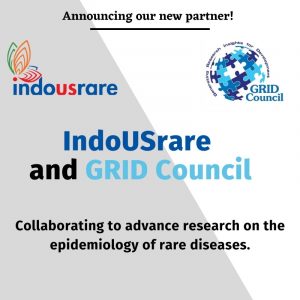IndoUSrare has been advocating for all sponsors to include incidence and prevalence data globally, including from the Indian subcontinent, in their applications for Investigational New Drug (IND) status, Biologic License Application (BLA), and orphan designation. This resonates with recommendations from the Food and Drug Administration (FDA) to the include demographic elements such as Age, Sex, Race, and Ethnicity in these submissions. However, this is not a rule and only a guideline. A study of the demographics of clinical trials in new biologics applications shows that trial participants are mostly white, which is not always a true representation of the number of people living with the disease. Additionally, most clinical trials focus on the participants from the US, with hardly any data from the developing world. It is our understanding that these numbers have been included in the past for the USA and EU. However, such data is largely missing for the rest of the world including in the Indian subcontinent.
The IndoUSrare Rare Disease Prevalence and Incidence Study aims to scientifically estimate the prevalence and incidence of a sub-set of rare diseases in India, US and globally, and to generate scalable methodologies to expand this effort to other rare diseases in low-and-middle income countries like India.
The study is being conducted in partnership with our Patients Alliance Members, and other experts in the field, and is funded by a Health Research Grant from Takeda Pharmaceuticals U.S.A., Inc

 We are happy to announce our partnership with the
We are happy to announce our partnership with the